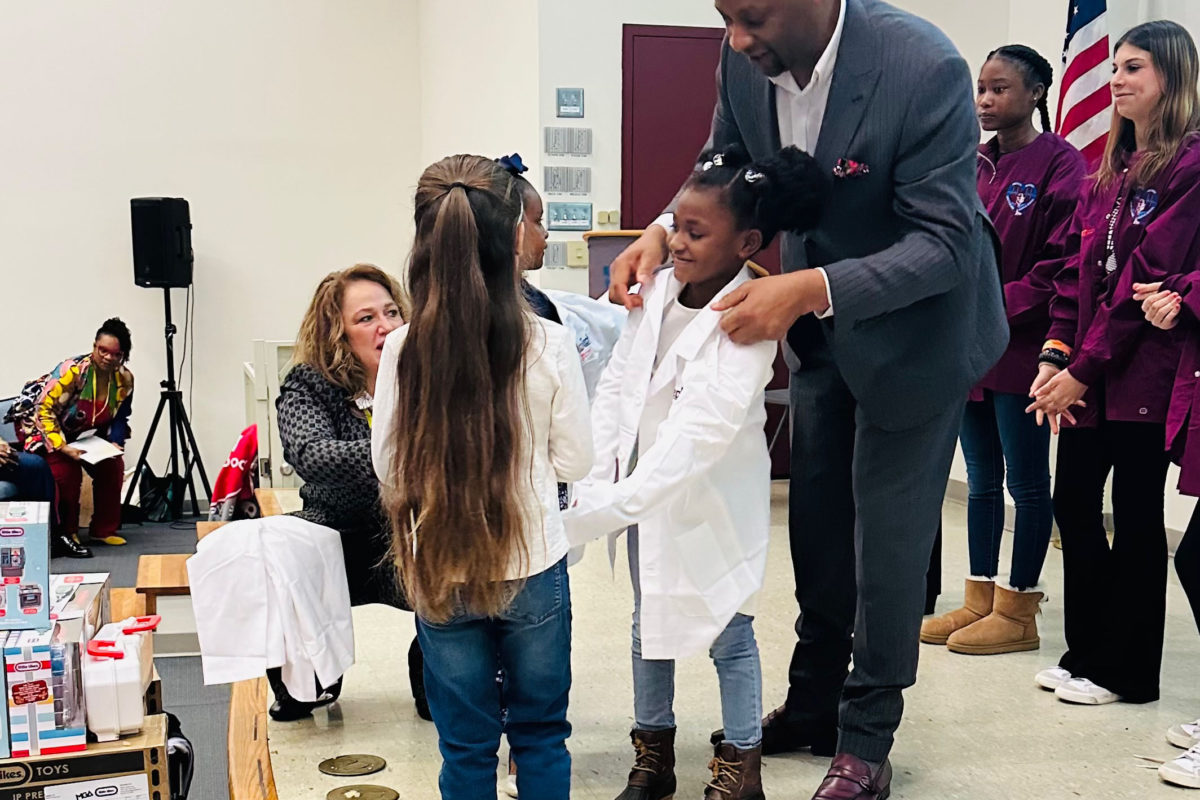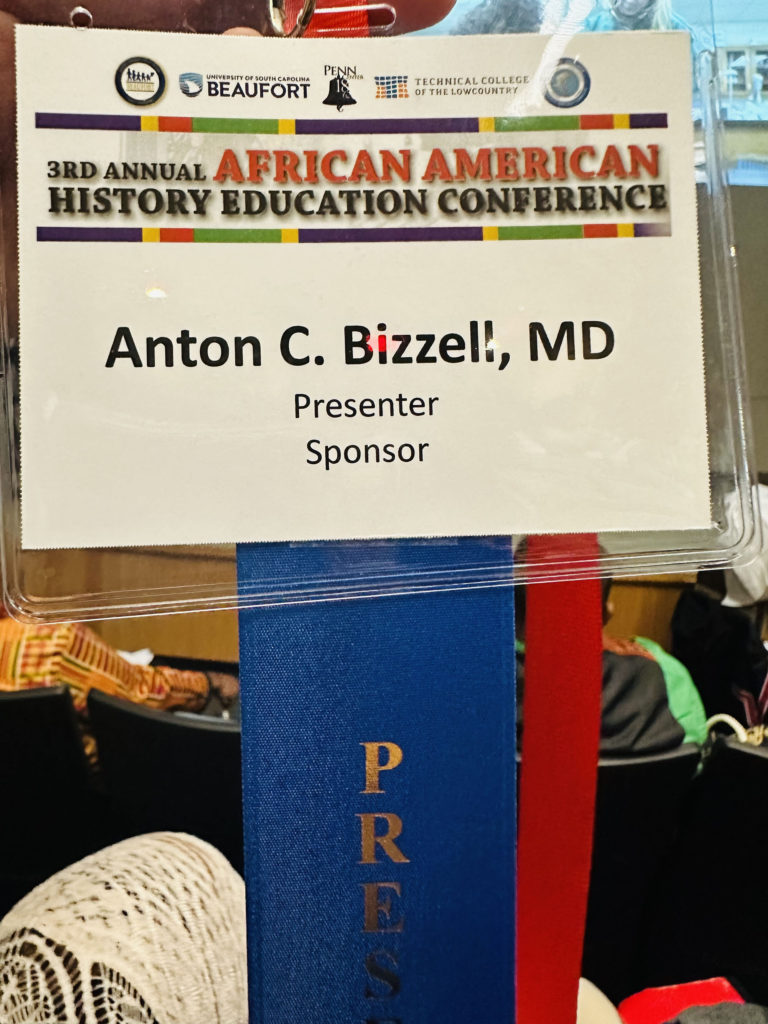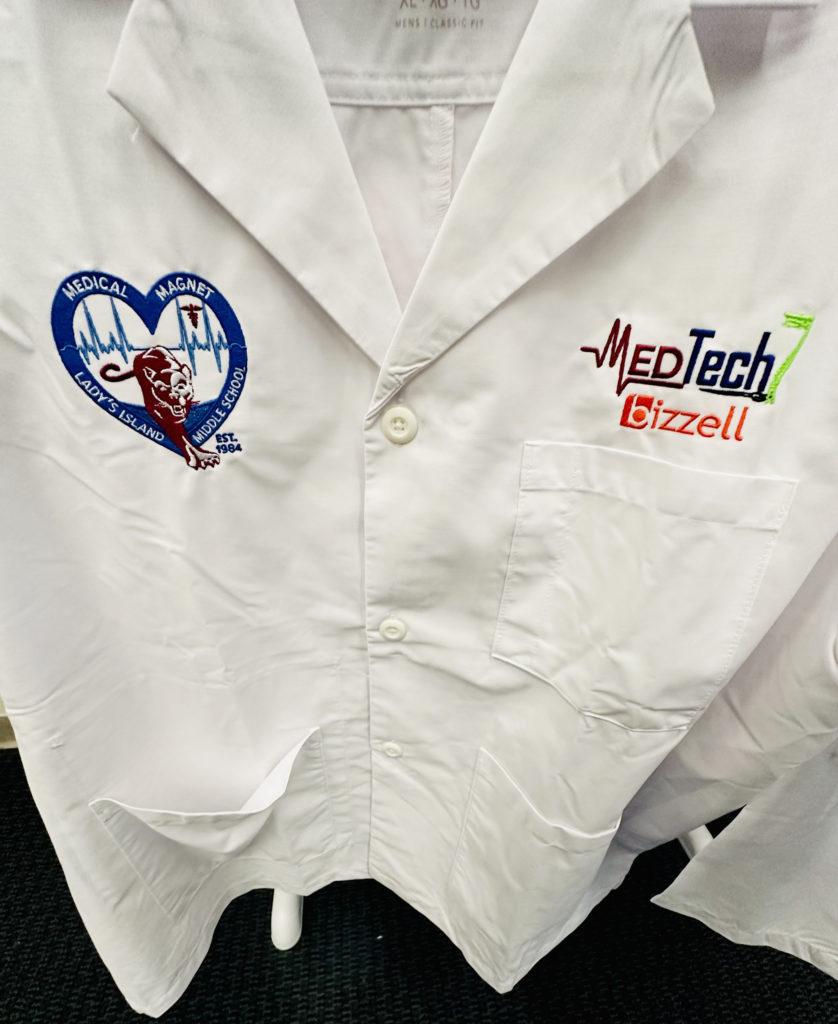Leveraging Data Analytics to Reduce Patient Readmissions: Bizzell’s Impact on Healthcare Quality
By Editorial Staff
Hospitals face many unseen challenges in today’s ever-changing medical landscape. Service utilization, rising care costs, patient readmissions, optimal staffing, and insurance navigation are but a few issues that may arise in healthcare settings. Reducing patient readmissions is a critical priority in healthcare, as it improves patient outcomes and helps alleviate the strain on healthcare resources. In this realm, Bizzell US (Bizzell) stands out as an industry leader, harnessing the power of data analytics to drive transformative change and enhance patient care. High rates of patient readmissions present significant challenges and costs to healthcare systems. According to the Centers for Disease Control (CDC), over $52.4 billion (about $160 per person in the US) is spent annually to care for patients readmitted to the hospital within 30 days (about four weeks) for a previously treated condition[1]Is the Hospital Value-Based Purchasing Program Associated with Reduced Hospital Readmissions? https://www.ncbi.nlm.nih.gov/pmc/articles/PMC9113654/. Frequent readmissions strain already stretched healthcare resources, especially amid the rise of COVID-19.
Various analytics techniques shape healthcare strategies. These strategies include predictive, prescriptive, descriptive, and discovery analytics. Predictive analytics aid in anticipating patient outcomes and optimizing prevention efforts, while prescriptive analytics focuses on treatment optimization. Descriptive analytics help us understand healthcare trends over time, including quality of care. It is often used to create reports about changes in historical data over time.
An example of this could be to look at how many face masks are ordered during a pandemic and the types requested during each pandemic. Prescriptive analytics occur when health problems are complex and fuse medical knowledge with data. Most evidence-based medical treatments are supported by prescriptive analytics.
Leveraging a complete spectrum of analytic tools enables us at Bizzell to redefine patient care and enhance the healthcare experience. Predictive analytics also operate on past performance, summarizing historical data to visualize new trends. Predicting risks in drug dosages, clinical trials, epidemic spreads, etc., these analytics find hidden patterns and illuminate them for healthcare professionals. Funding and allocation of funds are moved around utilizing these analytics. Planning healthcare resources, such as how many gauzes or vaccines to order, are confirmed through analytics. Discovery analytics uses knowledge to discover new medical trends, including treatments or instruments[2]The use of Big Data Analytics in healthcare https://www.ncbi.nlm.nih.gov/pmc/articles/PMC8733917/.
At Bizzell, our team of analytics experts is at the forefront of leveraging big data to support the reduction of patient readmissions. From analyzing patient records and drug costs to transforming clinical practice, our commitment to improving healthcare quality and administration shines through in every project we undertake.
Data analytics empower healthcare agencies to make informed decisions and revolutionize their approaches to healthcare delivery. Bizzell, a leader in the field, utilizes advanced analytic methodologies to extract actionable insights from vast datasets. For instance, Bizzell’s support of heart disease and stroke prevention involves sophisticated GIS analyses and statistical modeling to inform strategic priorities and program effectiveness.
Bizzell’s innovative solutions have yielded tangible results in reducing patient readmissions across various healthcare settings. For instance, by implementing predictive analytics models, we successfully identified at-risk patients and implemented targeted interventions to prevent readmissions. These interventions have significantly improved patient outcomes and healthcare efficiency, demonstrating the efficacy of Bizzell’s approaches. We assist our clients by applying advanced machine learning or predictive modeling techniques that uncover hidden patterns that contribute to our hospital partners not functioning optimally. From crisis planning and women’s health to combatting higher readmission rates, the need for data collection is high, but the value lies in the ability to sift through it all to find a true story.
The benefits of utilizing analytics in hospitals cannot be emphasized enough. Beyond cost savings, we aim to encompass improved patient outcomes and enhanced healthcare quality nationwide. Our partnership with the Centers for Medicare & Medicaid Services (CMS) prospective payment system (PPS) for inpatient psychiatric facilities (IPFs) shows examples of our commitment to this work. Our focus was to re-adjust the standardized federal per diem payment rates paid to the 1,535 participating hospitals nationwide to account for cost changes (like wages) and resource utilization. These rate adjustments consider the beneficiary’s age, selected chronic conditions, and facility-level adjustments on ruralness, teaching status, and qualifying emergency department visits. In 2019, IPFs collectively served over 200,000 Medicare beneficiaries. For this project, ensuring we had the correct data and comparing the data over time was crucial for success.
There is immense potential for further advancements in using analytics to address patient readmissions and other factors contributing to hospital challenges, such as high supply costs, underutilized services, and streamlining healthcare processes. Bizzell remains at the forefront of this innovation, continuously striving to refine its methodologies and expand its impact. By contributing to ongoing efforts to improve healthcare quality and efficiency, Bizzell is driving positive change and shaping the future of healthcare delivery.
References
[1] Is the Hospital Value-Based Purchasing Program Associated with Reduced Hospital Readmissions? https://www.ncbi.nlm.nih.gov/pmc/articles/PMC9113654/#:~:text=A%20significant%20portion%20of%20the, be%20attributed%20to%20hospital%20readmission.&text=In%20addition%2C%20over%20%2452.4%20billion, for%20a%20previously%20treated%20condition
[2] The use of Big Data Analytics in healthcare https://www.ncbi.nlm.nih.gov/pmc/articles/PMC8733917/#:~:text=descriptive%20analytics%20in%20 healthcare%20is,making%20informed%20decisions%20%5B33%5D






